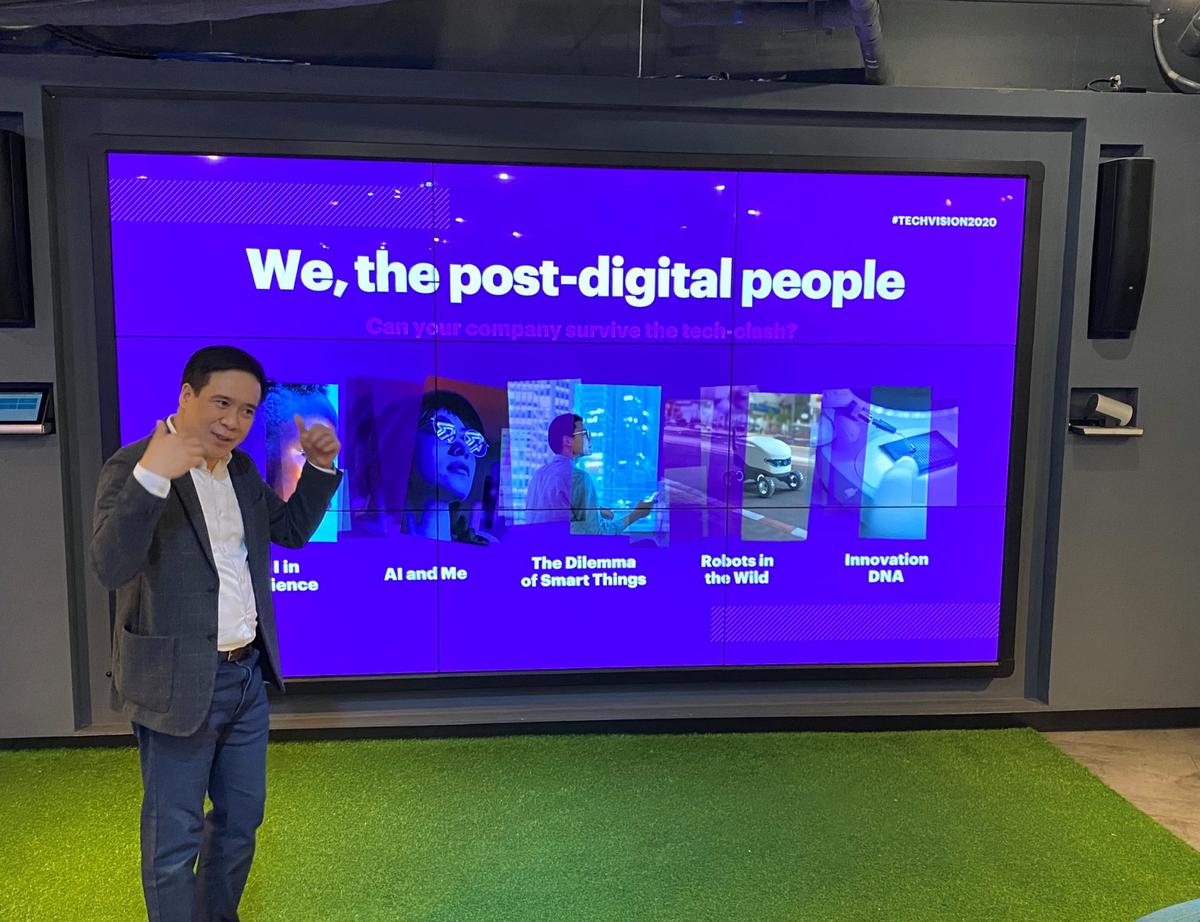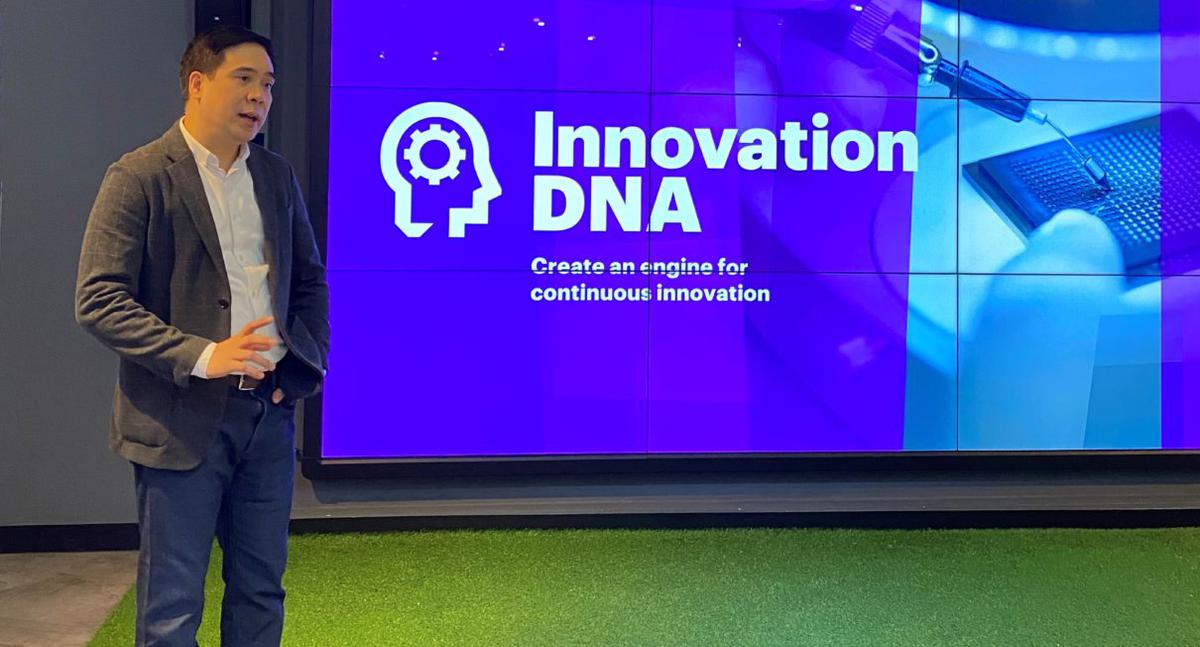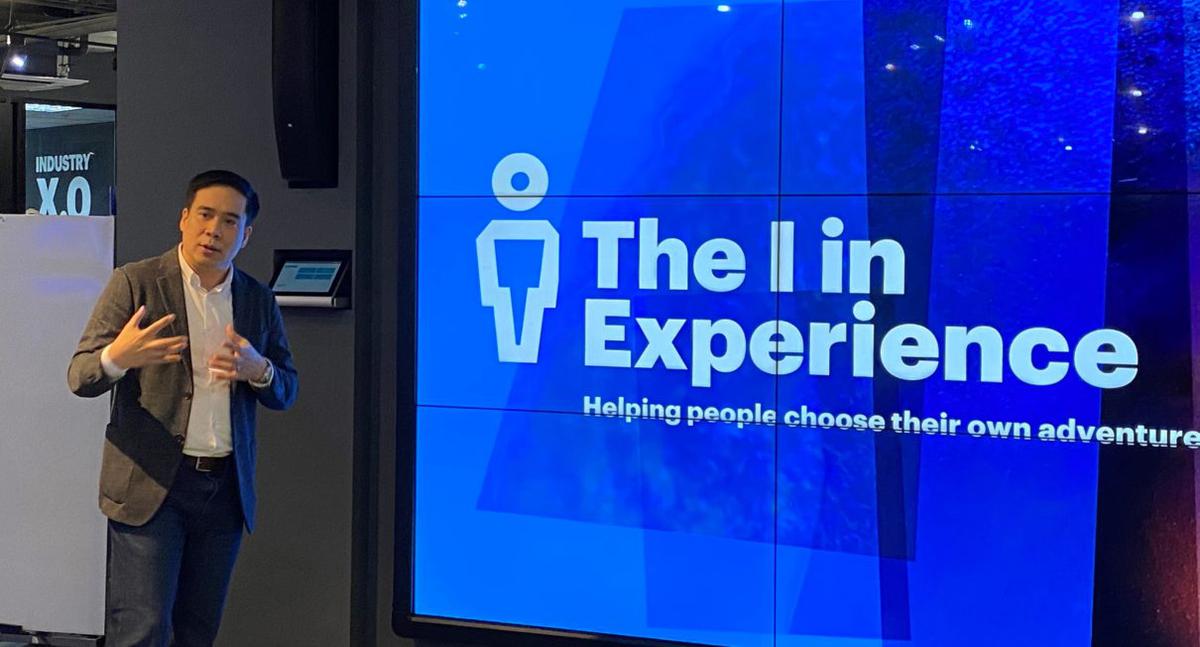Global professional services company Accenture presents its annual report of key technology trends that will redefine businesses over the next three years. The trends are formulated by an external advisory board with esteemed members from the business, academe, and other sectors. Accenture also conducted a survey on 6,000 C-level executives and business leaders in IT, as well as 2,000 consumers across India, China, UK, and the US about their perspective on new emerging technologies.
This year, the report highlights tech-clash or a clash between business and technology models and people’s needs and expectations. This shows that people’s perceptions of and relationships with technology are changing.
83 percent of the respondents from the Technology Vision report saw that technology has become an inextricable part of the human experience. 70% of the consumers expect their relationship with technology to be more or significantly more prominent over the next three years. However, the report suggests that continuing with existing models doesn’t just risk irritating customers or disengaging employees, but could permanently limit the potential for future innovation and growth. Trust, data, and deep experiences are the most important factors that drive success to enterprises.
Accenture’s Technology Vision report identifies five key trends that companies must address over the next three years to defuse tech-clash and form new business models that will build trusting relationships with stakeholders:
The I in Experience
Organizations will need to design a human-centric model based on the client’s personalized experiences. This will give and amplify agency and client choice, turning passive audiences into active participants and true collaborations. Five in six business and IT executives surveyed or 85 percent of the respondents believe that competing successfully in this new decade requires organizations to elevate their relationships with customers as partners.
AI and Me
The second trend encourages the collaboration of humans and Artificial Intelligence (AI), in improving how people perform their work efficiently. Enterprises must rethink the work they do by putting trust and transparency on the AI at its core. At present, organizations are still reluctant with only 37 percent of the respondents report using human-centric design principles to support human and machine collaboration.
The Dilemma of Smart Things
The third trend puts emphasis on shared ownership of smart products between the manufacturer and the consumer. As enterprises seek to introduce a new generation of products driven by digital experiences, addressing this new reality will be critical to success. Updating the devices, which are regularly used in the business, helps in overcoming the data burden. 74 percent of the executives believe that their organization’s connected products and services will have significantly more updates over the next three years.
Robots in the Wild
Gone are the days that robots are being feared due to manpower issues. To grow the enterprise’s reach and responsibility, robots are much more needed now for efficiency and productivity. With 5G poised as the future of connectivity, every enterprise must rethink its future through the lens of robotics. However, executives have a split view in terms of how their employees will embrace robotics. 45 percent say that their employees will be challenged to figure out how to work with robots while 55 percent believe that their employees will easily figure out how to work with them.
Innovation DNA
As enterprises have access to innovative technologies, they should make use of distributed ledgers, AI, extended reality and quantum computing. Organizations need to create an engine that would identify them from their competitors and could evolve along with the market’s demand. According to the report, 76 percent of executives believe that getting things done right will require new ways of innovating with the ecosystem and third-party partners.
“Dazzled by the promise of technology, many organizations created digital products and services just because they could, without fully considering the human, organizational and societal consequences,” said Paul Daugherty, Accenture’s chief technology & innovation officer. “Today we’re seeing a tech-clash caused by the tension between consumer expectations, the potential of technology, and business ambitions — and are now at an important leadership inflection point. We must shift our mindset from ‘just because’ to ‘trust because’ — reexamining our fundamental business and technology models and creating a new basis for competition and growth.”


